“3 Steps ToThe Art of Relaxation” is a concept we rarely hear discussed. Usually “Art” is related to one of the three “A’s”: Ability, Achievement, or Activity. Often times we think of relaxation in terms of inactivity. In actuality, relaxation is not the opposite of activity, but the other side of the same coin. Without treating both with equal importance, neither can function properly in our life as a whole. In other words, one cannot live without the other.
I remember planning a vacation to Hawaii few years ago. I was pretty burned out at work, had been traveling a lot for a number of companies and really needed some downtime with the family. The vacation was perfect, but the timing for me back then was rarely good. I had too many jobs waiting at the shop and was behind on my book deadline. My wife Donna and I discussed writing the book while on vacation, thus killing 2 birds with one stone. I could even write off part of the vaca as a working trip. Sounded good and if properly strategized it could have been perfect. While I did finish the book and enjoyed time with my family, I came home exhausted. I literally needed a vacation after my vacation. It was not the activities, work, family, or Hawaii to blame. It was my completely manic orchestration of it all. While I justified all of it in the back of my mind as being: “Just the way I am”. I wondered if I could have handled it better.
I’ve always liked the metaphor of a “Rainstick” to describe relaxation. When turned over all the seeds start to roll to the other end of the stick, sounding like falling rain. It is easy to visualize all of your stress pouring out of as you relax! As the seeds settle, the sounds slow to a trickle, then eventually silence as the stick reaches equilibrium. The first flaw I noticed in my Rainstick analogy is that while the Rainstick takes equal time in both directions to settle, in real life we never seem to have as much time to relax as we do to work. This is because I was considering rest and work in two separate blocks. In reality, we take breaks, rest and sleep throughout a 24 hour day. Because these blocks of work and rest tend to be asymmetrical in balance, we feel that we work much more than we rest. While this can be true, it usually means we are resting while working, thereby being inefficient at our work. This forces our work into our rest time making our rest insufficient. You can see how this can easily become a vicious cycle.
The trick I discovered is to be as strategic in our rest as we are in our work. This is important when considering long-term vacations, short term weekend relaxation, nightly sleep and even daily work breaks. If you’ve found yourself drifting at work, thereby stressing when you should be resting, you have experienced this imbalance in your life. (Don’t freak out, everyone has). The difficulty is realizing that there is not a singular fix that puts everything in balance. It is a constant strategizing of your life that you must modify as your life changes. To help in this “balancing act” I have come up with a few easy steps to help get started.
3 Strategic Steps Towards The Art of Relaxation:
•First off, start well rested. When relaxing, do not get distracted by deadlines, or problems at the job. I know it is aggravating for somebody to tell you “not to stress”, like it is a simple button to turn off. Guess what? For this experiment, it is. You are not helping yourself by preventing rest. You have plenty of time in the day to accomplish what needs to be done. Don’t hamper it by short changing yourself on your downtime. There is good stress and bad stress in life. Knowing something must be done by a certain time creates good stress, along with an urgency to accomplish the job and do it well. Procrastination or being unorganized wastes time, thereby creating bad stress. That excitement you feel with a new job is the same adrenaline that can make you sick to your stomach when you fail at a task due to poor planning. (Different sides of the same coin).
•Plan your day strategically with realistic goals in mind. Set up blocks of time to accomplish these goals. Visualize your working/resting hours as finite modules in the day, such as days are modules in the week, weeks in a month, months in a year, etc. You cannot strategize and organize everything at once, so start out with this “first” day. Set aside time in the day to schedule & strategize more for the future. Plan for time with your family as well as time for yourself. While strategizing your work day, you will also be strategizing your rest. You will not only make time for relaxation, but will have earned it as well. I know it sounds pretty simplistic, but that’s the beauty of it. Most problems in life are actually pretty simple at the core. We just make them complicated. So start out simple. I’m not asking you to wire every second of everyday, but if you want to truly relax and truly work, then you must plan for it. It doesn’t happen by accident. This active strategizing will allow you to fit work around your life instead of shoehorning your life around your work.
•Understand the need for active balance in one’s life. Balancing your life, work and rest is not just about shuffling time slots on a calendar. (If we lived in a closed system, this could work, but we don’t). In order to add and incorporate new things into our life, restructuring and organizing will only get us partially there. At one point we need to learn to cast things aside to make room for the new, or better. Any negative, or time-wasting activities should be the first to go. This balancing act is the necessary by-product of strategizing. It can be painful, but it can also be a good soul-search as to how much time in a day we spend on activities that either do not benefit us, or make our lives miserable. (By the way, like most things in life, this is not a one-time fix, but a constant program of self-maintenance).
Ironically the “Art of Relaxation” takes a bit of work. (Anything that appears “easy” usually does). When I started writing this blog I was on a more recent family vacation in Kauai. (No work involved). I originally thought it would be a blog about the “Zen” of relaxing. The more I wrote, the more I realized that the peace and relaxation I was searching for could not come solely by rest. What I was striving for was a by-product of the balance I achieve when my family is happy, work is done and it is time to rest. The three steps listed above are merely my guidelines to help you find that balance. Like everything in life, no one path is the same for everyone. Hopefully you can take this blog, tweak it a bit and make it work for you.
I hope you’ve enjoyed reading this blog as much as I had writing it. I would love to read your comments, experiences, or suggestions concerning the topic of relaxation and what has worked for you. Please sign up for my newsletter and follow me on your favorite Social Media group. Till next time: “Relax”.

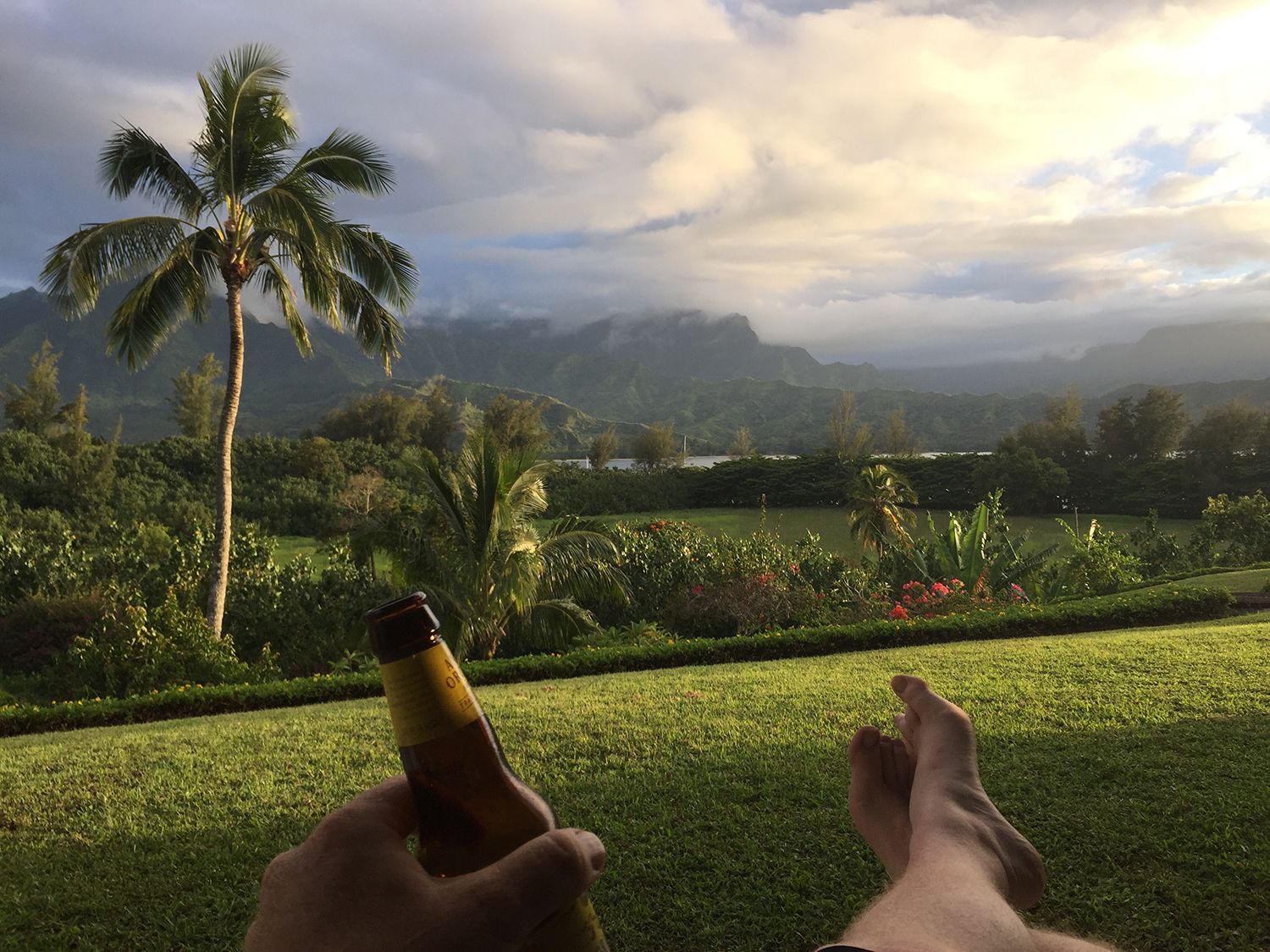
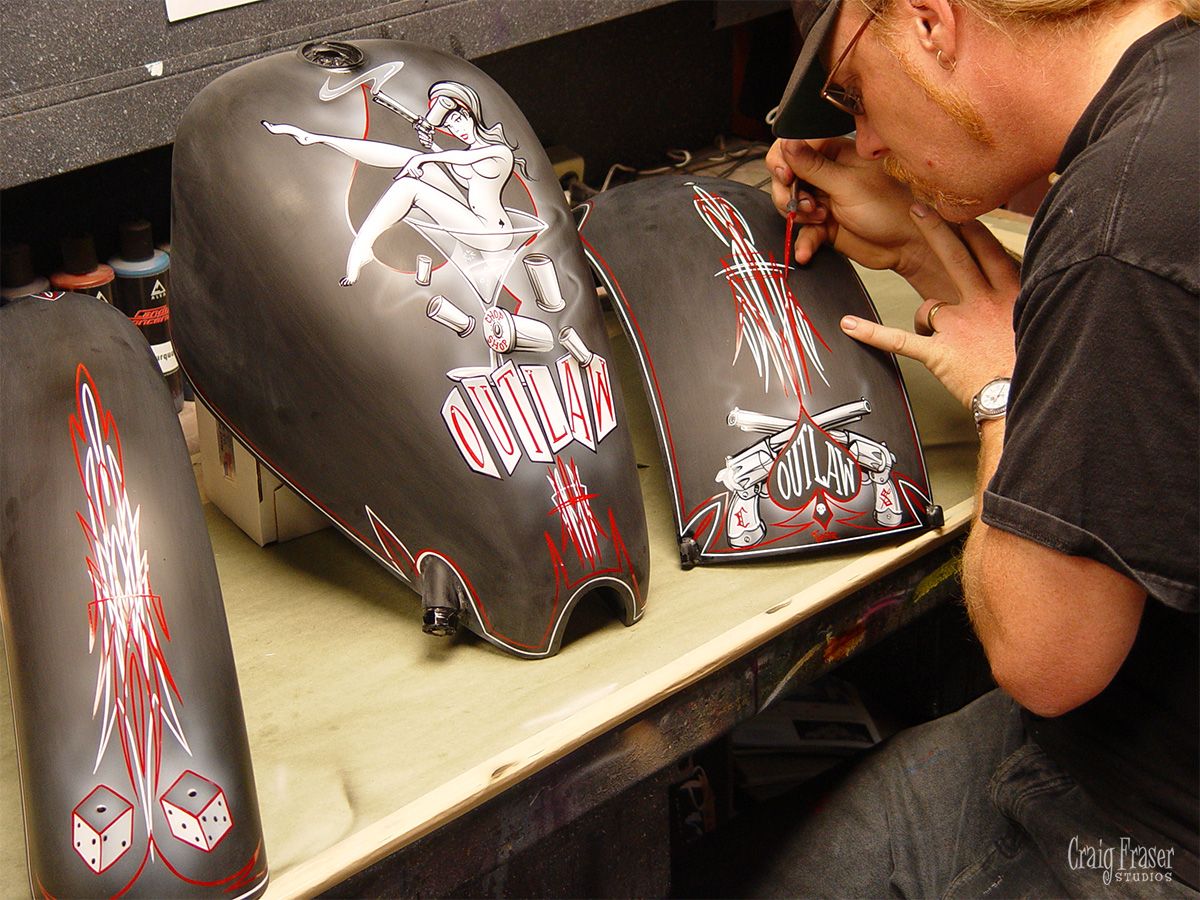
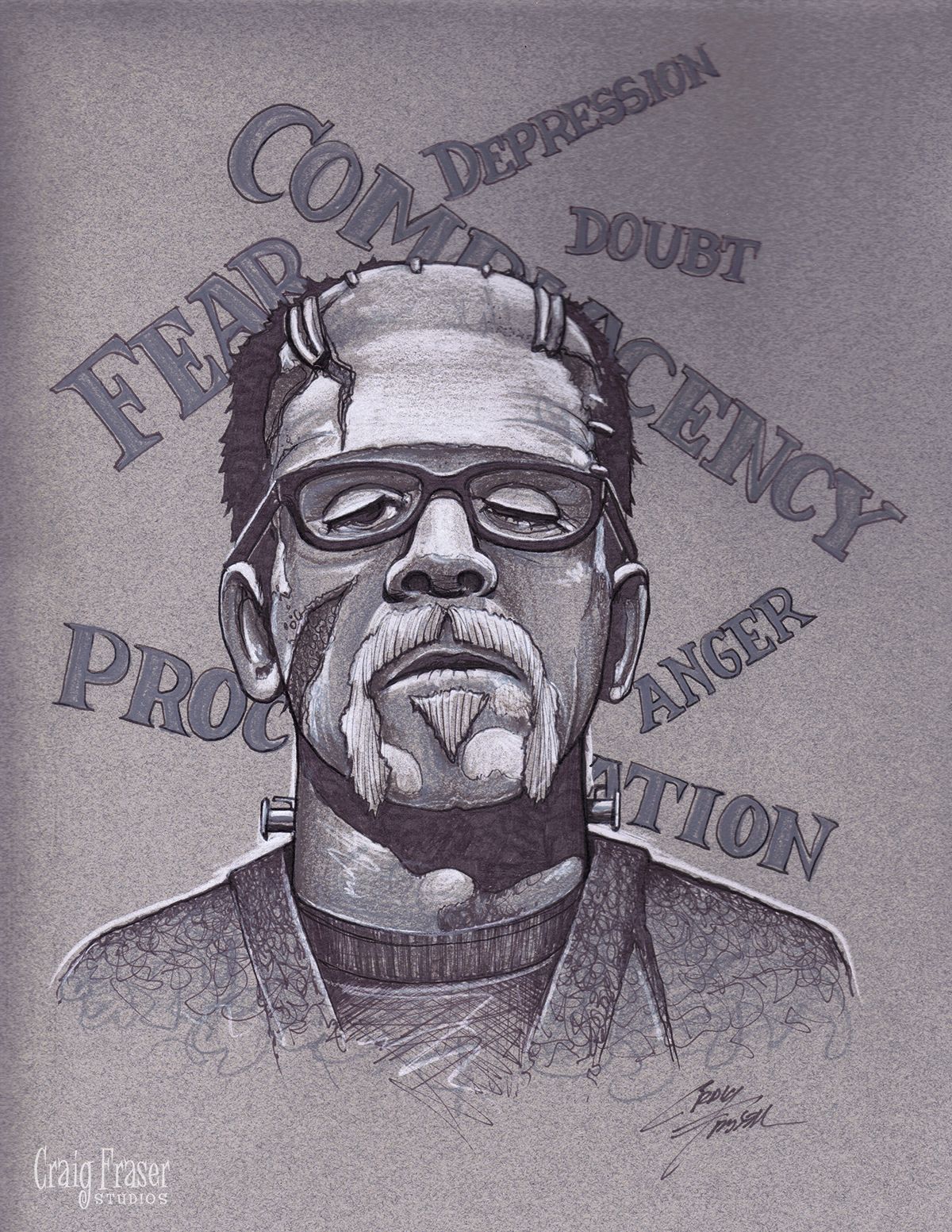
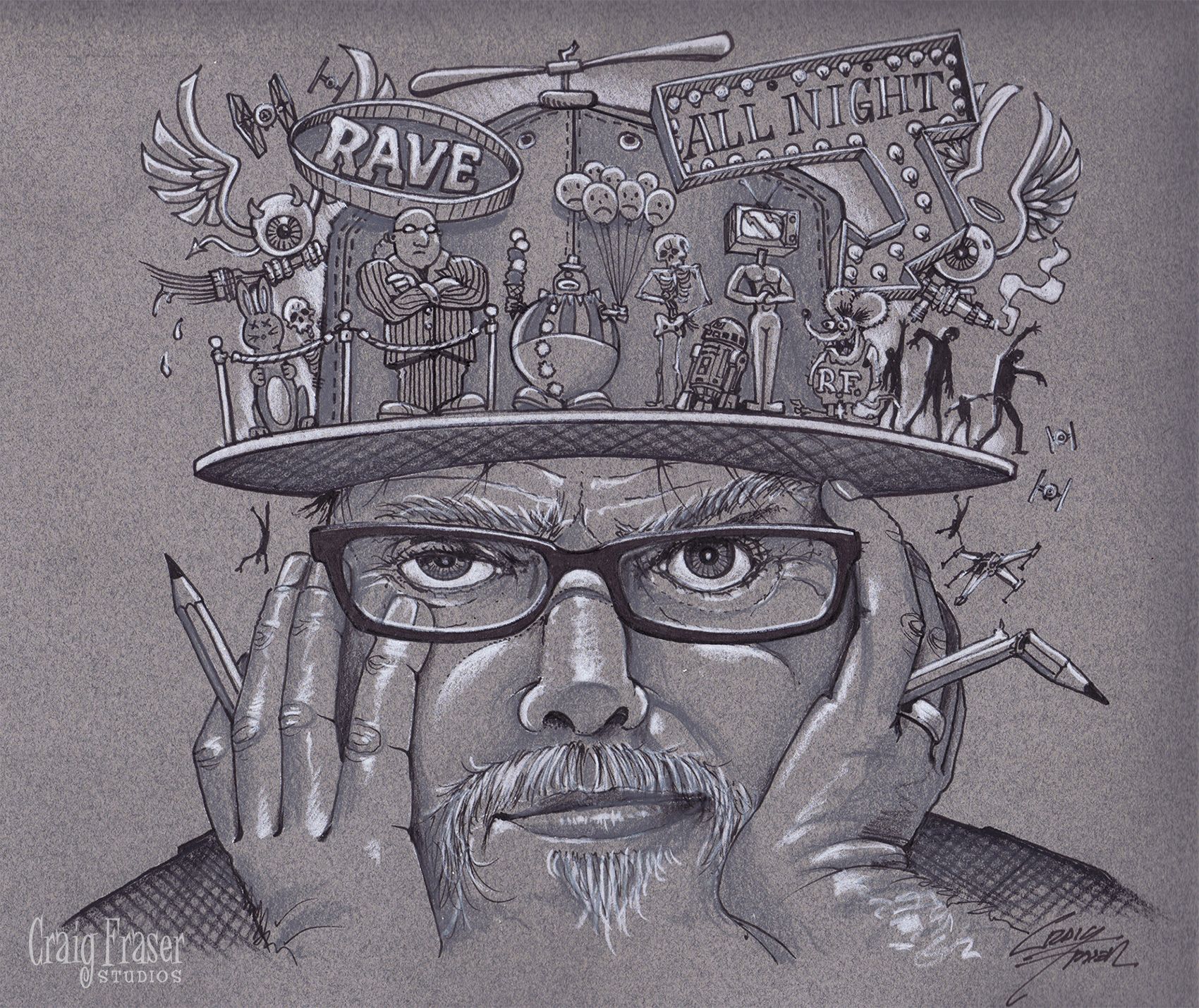

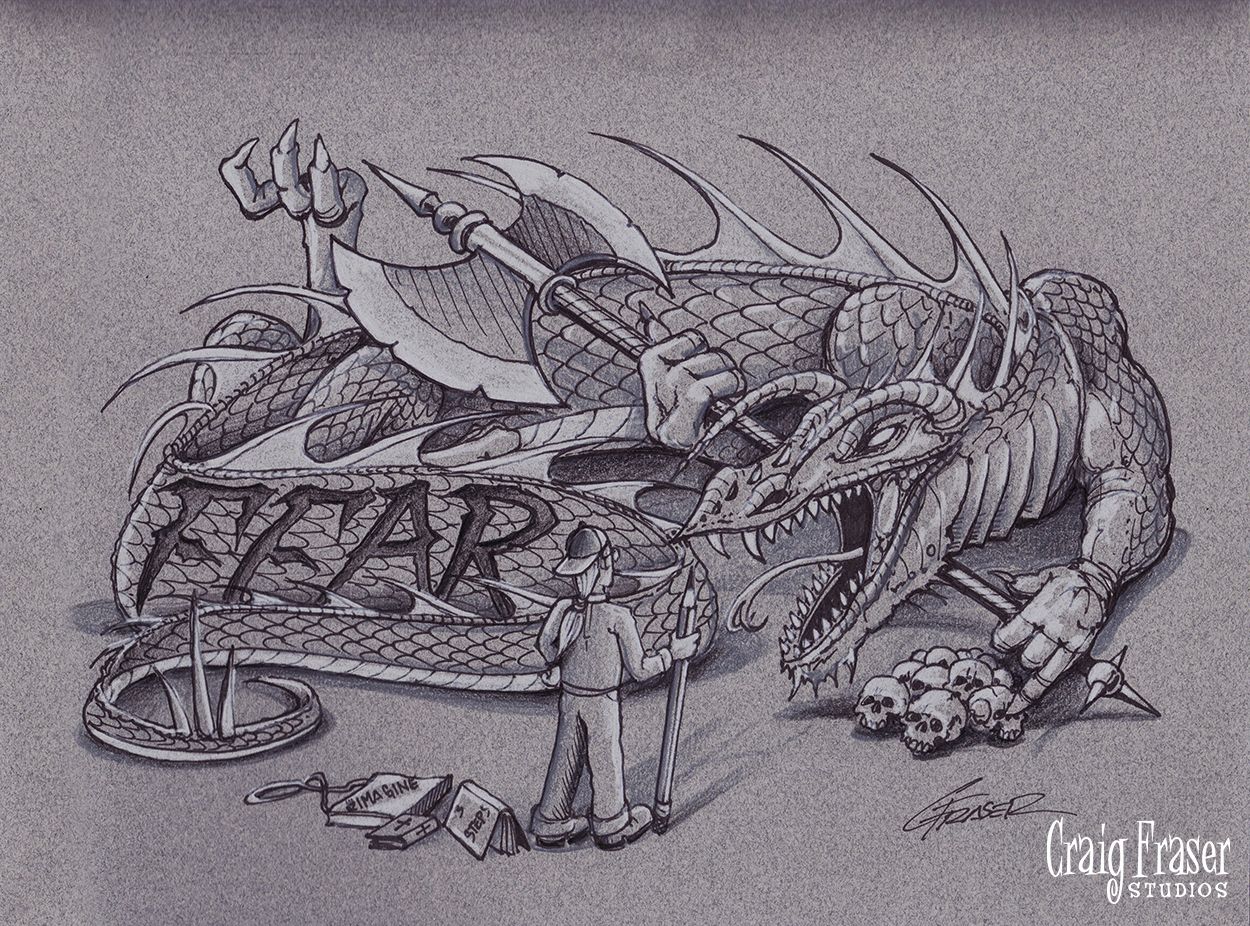
Nailed it Great post. something I have issues with.. Just might have learned a new trick for helping with it.
Great post Craig, and not written about often enough in my opinion. We are all working harder and harder and often without a holiday or break in between, there’s no wonder people are so stressed. And when you really question why do we work so hard our entire lives so we can relax when we retire? There is no logical answer… Life is too short and who knows how long we will be around!
Thanks for the comments! Like I said,it is a personal balancing act. One extreme is to work till you literally can’t anymore, leaving you to question why. The other extreme is to chuck it all cause we have so little time. Neither extreme works. Balance is a great start to discover and achieve that why. For each person it is different.
Thanks – great timing as we approach a holiday weekend. 4 days off from my day job coming and I’m buried with paintwork. I usually look at time off as time to get other work done, but it’s killing me! Let’s see if I can find some of that balance!
Thanks! Like you said, a perfect opportunity to start strategic relaxation!
Great post and topic on this one. One of the issues i had was i would take a break when i was getting overwhelmed and think about the time i needed and how much time i had and i would be able to figure how to get things accomplished and i would stop worrying. Problem was sometimes its put it in my mind of i have plenty of time to do this which invited more procrastination.
Oh, procrastination never goes away. It just regroups, changes up it’s make-up and goes for another run at you. The trick is anticipating it.
Very well put Craig. Very interesting read. I can honestly say I’m addicted to work. And I truly have a hard time taking anytime off. Always trying to be productive. And wonder why I get burned out. Just recently trying to grasp the concept work to live rather than live to work with some personal chill time….so thanks for the help..!
Thanks Jason, glad you liked the blog. Check out the “Surfing” blog I wrote. I think you’ll dig that.